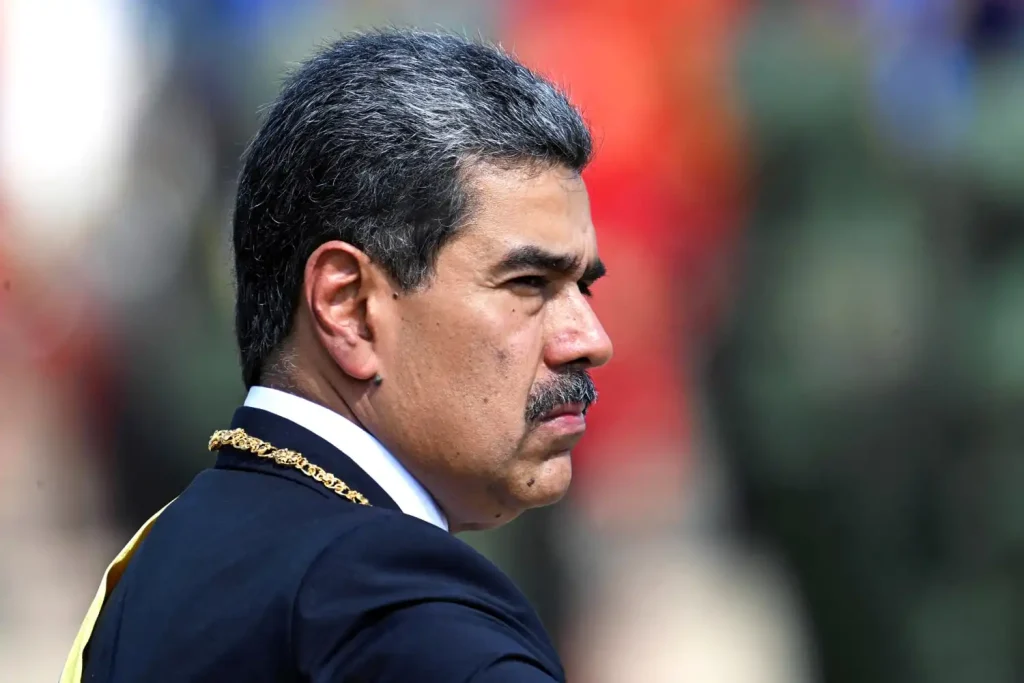The Trump administration has doubled the reward for the arrest of Venezuelan President Nicolás Maduro to $50 million, accusing him of leading a major narco-trafficking operation.
The announcement, made on August 7, 2025, has sparked debate, with Venezuela dismissing it as political propaganda.
Attorney General Pam Bondi stated Maduro will face justice for flooding the U.S. with fentanyl-laced cocaine and for “despicable crimes.”
This $50 million bounty, matching the amount once offered for Osama bin Laden, underscores the severity of the allegations.
The move escalates U.S. efforts to pressure Maduro, who remains in power despite global criticism.
Recently, the U.S. brokered a deal to free 10 jailed Americans in exchange for deporting migrants and easing Chevron’s drilling restrictions in Venezuela.
History of Charges Against Maduro
In 2020, during Trump’s first term, Maduro was indicted on narco-terrorism and cocaine importation conspiracy charges. The U.S. initially offered a $15 million reward, which rose to $25 million under Biden in January 2025.
Now, Trump has increased it to $50 million, citing Maduro’s ties to cartels like Tren de Aragua and the Sinaloa Cartel. Bondi reported seizing $700 million in assets, including two jets, and nearly 7 tons of cocaine linked to Maduro.
These charges allege Maduro’s regime collaborates with criminal groups to smuggle drugs into the U.S. Despite international condemnation of his 2024 reelection as fraudulent, Maduro maintains control in Venezuela.
Venezuela’s Response and Political Context
Venezuelan Foreign Minister Yvan Gil called the bounty “pathetic” and accused Bondi of using it as political propaganda to distract from U.S. issues, referencing her Epstein case ties.
The U.S., EU, and several Latin American nations reject Maduro’s 2024 reelection due to alleged fraud.
Recent U.S.-Venezuela Diplomatic Moves
Last month, the Trump administration secured the release of 10 Americans jailed in Caracas. In exchange, the U.S. deported migrants to El Salvador and relaxed Chevron’s oil drilling sanctions in Venezuela.
These actions blend confrontation with negotiation in U.S. policy. Bondi highlighted that 7 tons of seized cocaine were directly tied to Maduro, reinforcing the narco-trafficking claims.
Implications for Maduro and U.S. Policy
The $50 million bounty is unlikely to lead to Maduro’s immediate arrest due to his strong grip on Venezuela. However, it limits his global mobility and signals U.S. resolve.
Alongside sanctions and non-recognition of Maduro’s presidency since 2019, the bounty pressures his allies. Secretary of State Marco Rubio called Maduro “the head of a narco-terror organization.”
Public reactions suggest the bounty is symbolic yet divisive. As U.S.-Venezuela tensions persist, the administration balances legal, diplomatic, and economic tactics.
Pastor Adeboye Urges Equal Rewards for Super Falcons’ Coaches




















